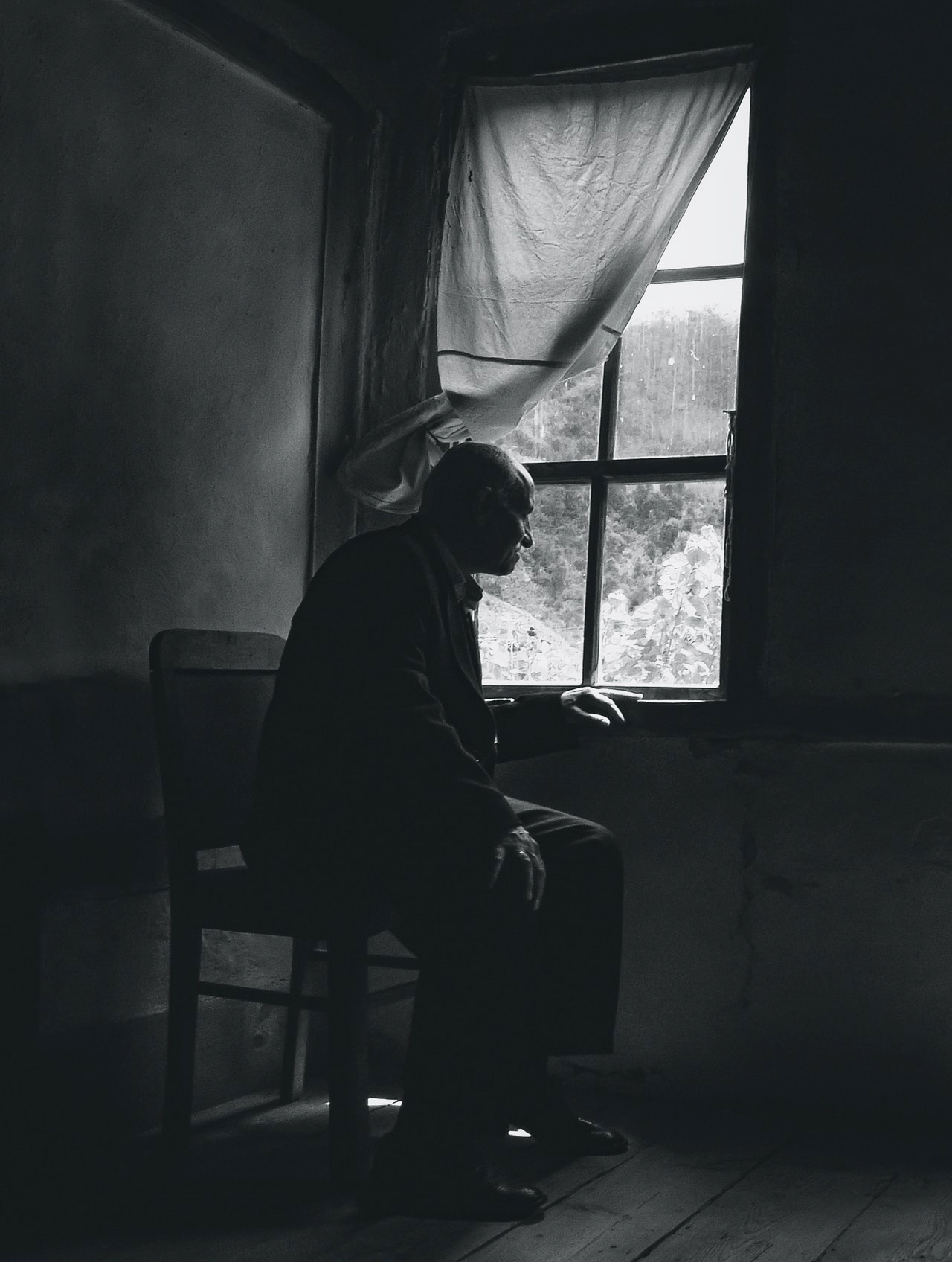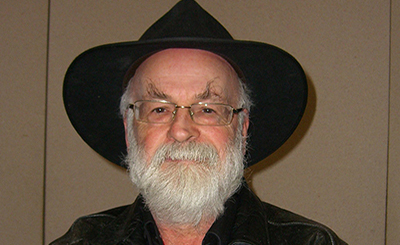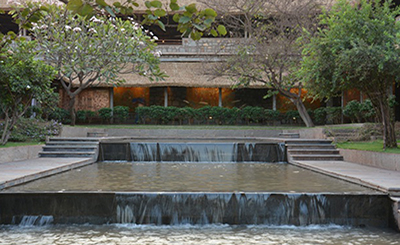
The Art of Conjuring
An essay on Saleem Peeradina’s poetics by Samreen Sajeda*
When Peeradina penned the first word, he perhaps had little idea that he will be busy scribbling for half a century. So much so that when the senior poet was unable to wander outside as much, he began musing on subjects strewn across his home like the fruits decorating his dining table. Him describing the scent of oranges such that ‘an entire orchard has been packed into the single fruit’ arrests your senses as if you yourself are biting into it. Even more stunning are his set of object poems like the “Stapler” ‘borrowed’ for keeps, or the faithful “Shaving Brush” awaiting its fate at fifty. Not to forget the birds flocking over the bird feed in the poet’s backyard. And this sheer simplicity in his authorial choices is what makes him a gem of a poet!
Peeradina’s poems affirm that imagination has the power to accommodate the universe on a sheet of paper. Not only is he able to capture still images but he also excels at freezing transient moments like ‘a silent smile in the very next instant, dissolving, fading . . .’ Likewise he manages to capture the urgency of encountering the beloved in a dream, aware that ‘If I missed you/by a heartbeat, I missed you by a century.’ At the same time, the poet is not unaware of the illusion of the ‘written’ word. He knows that the contractor cannot be trusted to adhere to ‘the agreement in a timely fashion/whether it is verbal or written down.’ But even more ironic is when he personifies death throughout “Close Call”, after all, ‘Death was born to steal the show.’ This is just one instance of such outstanding surprise lines waiting to greet you at the end of his verses, endorsing the poet’s sheer wit. While most of the poems spread across half a page, a few like “To an Old Friend” and “The Daughter’s Lament” are longer monologues with the fragrance of a short story.
Peeradina’s poems are also a manifestation of other art forms that he engages with as is seen in “Embedded” — an ekphrastic poem on strawberries whose freshness, the poet will ‘preserve like museum exhibits’. What is significant is that he refrains from essentializing the voice of the ‘other’. This is evident when he confesses that his own ‘fingers are strangers to dirt’ unlike those ‘whose limbs have sweated in the fields.’ His older book also preserves poems inspired by paintings making ‘a window on his wall’. “A Rumor of Birds” is an exceptional piece inspired by a book on migratory birds ‘claiming only a bit of earth and infinite sky’.
Nissim Ezekiel’s succinct verse, weighing each word on a scale, is mirrored in Peeradina’s just as it is reflected in the craft of poets who proudly belong to that generation, and rightly so because they were quick to criticise their own work. Peeradina has undoubtedly evolved as a poet and does not shy away from confessing so. When he stumbled across his first published poems that appeared in his college magazine, he was quick to disregard them saying that they were amateurish and embarrassing. Today, even the invisible turns visible as Peeradina makes ‘something out of nothing’ and the impeccably broken stanzas appeal to the eye. His surely is an art of finesse as even the most humdrum subjects turn graceful under his pen. In the poet’s own words — “it is not food alone that satisfies the appetite. It is the devotion/with which you have garnished your offering that satiates the hunger.”
The View From Seventy
They’re early settlers, entering the bloodstream bearing
Gifts from their twin lineages. They lie dormant, waiting
To be guided by instinct to release their malignant
Power. We are a stage, a squat; this is what we provide
From within: fertile soil for them to practice
Their hit-and-run arts with the ease of those born
To be warriors. They come with clear intent — to occupy
What they claim as their ancestral stake — and they’re here to stay.
Outside, all around, as indispensable as air and water, are others
Slipping through the cracks. Our bodies are host to their
Breeding but we are given the means to keep them in line.
We can go underground to join the Resistance. The enemy
To watch out for is the one who enters stealthily with unmarked
Baggage. Like the seducer who played for years on the swings,
Slides, and see-saw of my heart and eventually left me breathless.
The interloper has since relaxed his grip to become a permanent
Member of the house, a seventh sense, sending occasional signals
Of pain. Even with the No Vacancy sign, there will be intruders lurking
Around who will try to force their way in. Some lodgers match
Camouflage with decorum so well, we forget they are there.
We could fear these hangers on, but they make better companions
Once we befriend them. They belong to us as much as our
Others faculties of smell, taste, or touch. We can uncover
Their secrets, test their limits, learn to use their guerilla tactics
Against them. We know they are armed and dangerous.
And against their weaponry, we have no defense. Whether their siege
Is short-lived or long, in the end, there is only one certainty:
True to their calling, they are obliged to take us down.
The Lesson
Take a sheet of paper the size of a drawing pad. The universe,
as we perceive it, must be accommodated within the borders
of this rectangle. Draw a circle the size of a marble to represent
the earth, then hitch the moon to it. This travel companion will never
leave the earth’s side. Now surround them with planets in their proper
eliptical positions. Reserve a central place for the sun. Cram the entire
backdrop with stars, thumbing in a smudge to mark the Milky Way.
Now set the whole facsimile in motion, in perpetual
Rotations and revolutions.
But you are not done yet. Fold this sheet
to fashion an origami pigeon and release this messenger bird
into the sky. It will quickly reach a vanishing point flying among
billions of other winged creatures each carrying its own universe.
If your head is spinning, try this: crumple the piece of paper
and store it in the black hole of your pocket never to be found again
by anyone.
There is a third alternative. Place this sheet at one end
of a panoramic screen and proceed to jump off the brink of our universe
into neighboring galaxies spiraling outward, endlessly. Shrunk, relegated
to a corner, our universe is virtually erased, leaving us adrift.
Here, far beyond imagination’s reach, infinity unravels leaving us
speechless. But seeking solace in myths will get us nowhere.
We have to make the journey back to reclaim the earth. As we start to
descend and fall towards what seems like a speck of dust, turns into a rock,
then, this enormous circular globe packed with mountains, oceans, forests, all
suspended, frozen at two ends, and burning elsewhere, this jewel
of an earth, this blue planet escorted by clouds, which has hauled its rich
load of life for millions of years, not straying from its given path,
but gliding, floating, owning this alien but familiar space, returns
to our side, smooth, unruffled, like the messenger bird back from its epic
pilgrimage, finding the ball of crumpled paper saved in our pocket.
The Body in Question
Glorified at the hands
Of artists, feasted upon by poets,
Its praises sung by music-makers.
Dissected by physicians,
Its machinery exposed in
Anatomy textbooks.
In repose, its beauty drunk
In stillness. Desire awakened
In languor, the flesh animated,
Transported in slow motion
To bliss. From the bud of infancy
To maternal bloom. Pushing its limits
To perform daring feats. Body painted,
Perfumed, jeweled, and tattooed.
Wet skin in wet clothes. The veiled body
Kept in the dark. Body married
To Christ. Paraded on stage, dressed up
Or stripped down. Sold and humbled
Into submission. Bodies in whose soil
Is grown cotton, cane, corn, and tobacco
To make nations rich. Those bodies still
Slogging on, impoverished. Bodies from
Which coal is mined and gold is extracted.
Body rewarded, eroding with disease.
Migrating bodies washed ashore.
The body detached, its primal urges
Mastered by yogis; its potential sunk
In self-indulgence. Body behind bars.
In solitary. Body effaced in suicide. Body
Stopping bullets, blown to cinders by bombs.
In genocide, counted in numbers.
Body in pain, suffering blows, coming
To understand its frailty. Eventually
Betrayed by its own failure, losing muscle,
Bone, attaining stasis, shutting down.
The body home at last, laid to rest.
A Rumor of Birds
(After reading Songbird Journeys by Miyoko Chu, 2006)
In my sleep, birds stream silently overhead—flocks of them—
Wave after wave of a high altitude river unbound
By banks, wings riding the wind, navigating by stars in the pitch
Black of night, or the water’s magnetic glaze.
Sometimes, they storm above my roof in a cloudburst
Of feathers, squawks, and screams.
One watching through a telescope will see them
Scatter like flakes of pepper against lunar light.
But mostly, these night-travelers will pass invisibly, afloat
On a murmur. Before daybreak, they sift down
To settle in the trees or fields to awaken us with their
Morning songs. After dusk, they flutter up again to migrate south.
Jays, thrushes, blackbirds, finches, wrens, larks, swallows, tanagers,
Warblers, orioles — you live, love, breed, and die at full tilt
Claiming only a bit of earth and infinite sky.
Stapler
I was your first,
But you have held on to me
For good. I was borrowed
From the office
And never returned. No one
Missed me and I was free
From their rough-handling.
This is home now –
This corner of the desk
Where you can reach me
With a stretch of your arm.
I’m a baby croc with open mouth.
A nudge on my nose
And my jaws snap shut.
I stitch corners and paper ends.
I hold words in place
Keep your narrative from breaking
Down. We have stuck it out
For forty busy years
Although I am getting a bit rusty
On the edges.
But so are you.

Samreen Sajeda graduated in English literature from Sophia College, Mumbai. She completed an MA in the same discipline from the University of Mumbai. She is, at present, reading for a PhD in Palestinian poetry in translation. She writes poems and short stories. Her work has been published in Muse India, The Bosphorus Review of Books, Guftugu, Indian Cultural Forum, Spark, Hakara, and in the poetry anthology titled, Of Dry Tongues and Brave Hearts, edited by Semeen Ali and Reema Ahmad.
The essay and the poems are part of our Poetry Special Issue (January 2022), curated by Shireen Quadri. © The Punch Magazine. No part of this essay or the poems exclusively featured here should be reproduced anywhere without the prior permission of The Punch Magazine.
More from The Byword
Comments
*Comments will be moderated
I'm not usually a fan of poetry that masquerades as prose-- they seem two different worlds of one constellation-- but I especially like Peeradina's Stapler, and these poems have efficacy and measured force throughout. Not sure I have a favorite but the way The Stapler feels humorous throughout until the end is a stroke of fun guarded by life's obstacles. O, the life of a stapler! All these poems are enjoyable, but that one seems the most unusually imaginative. Thanks Saleem! And the essay is spot on.
Dustin David Pickeri
Jan 31, 2022 at 00:21











